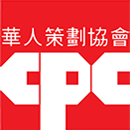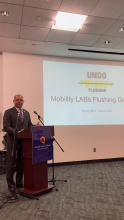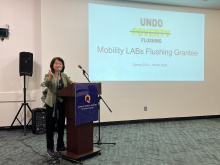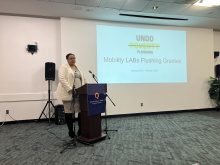Undo Poverty: Flushing Highlights Grant Achievements
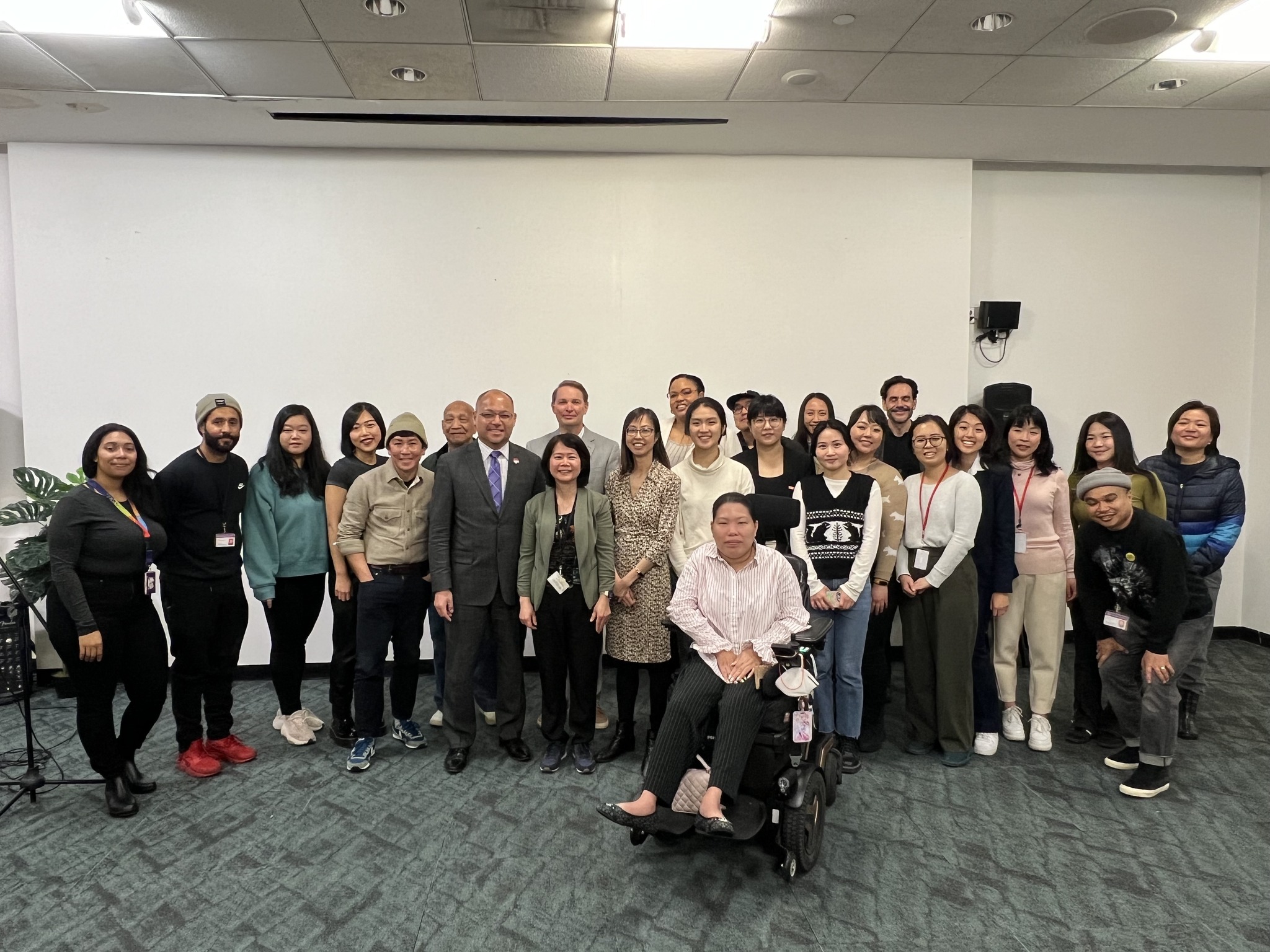
Undo Poverty: Flushing, a local collaborative, completed a four-year $1.78 million grant funded by Robin Hood, New York City’s largest local poverty fighting philanthropy, to understand what communities need to move up the economic ladder in Flushing, Queens. Since 2019, the group has worked with various community partners and residents to host a variety of projects and programming.
The collaborative shared accomplishments and learnings from the past four years and opportunities for the collaborative to pursue in the future at an event on April 3rd, 2024 at Queens Public Library. Numerous listening sessions and outreach were conducted to understand challenges and barriers identified by local community members. Undo Poverty: Flushing continued conversations to debunk stigmas of poverty in an immigrant, working-class community, and launched an ad campaign and documentary film to highlight lived experiences in Flushing.
Key research findings from community listening sessions showed that the main four areas of concerns for Flushing community members include housing, food security and access, community and belonging, and job and career readiness. Housing remains a prominent issue in the Flushing community due to rent burden and limited affordable housing options in the community. In addition, there remains a disparity between stagnant wages and increasing housing costs. Food access is also an issue in the community due to unemployment, low income, old age, health issues, language barriers, and housing difficulties. The main concerns around community and belonging were safety and the desire to buy produce and see signage that are culturally and linguistically accessible, and to be able to communicate with neighbors. Job and career readiness barriers were caused by low levels of English proficiency, difficulty finding employment, and low wages that barely make ends meet. Other barriers highlighted include the importance of having cash in hand to prevent individuals from falling under the poverty line due to unexpected expenses, changing demographics of the Asian ethnic groups in New York City, and low levels of educational attainment in the Flushing community.
The collaborative hosted a total of eight community listening sessions with four hundred and fifteen participants, connected forty-five community members with community building resources, placed two hundred and fifteen campaign placements in six languages with over sixteen million campaign impressions, and hosted five documentary screening events with two hundred and seventy-five participants. In the next iteration of the work, the collaborative plans to host additional community screenings of The Cost of Living in six languages, Chinese, English, Hindi, Korean, Spanish, and Urdu, to gather additional community input on poverty in Flushing.
"As a co-lead of Undo Poverty: Flushing, CPC is excited to share the collective achievements and insights gained alongside our partners over the past four years. From the impactful documentary 'The Cost of Living' to community listening sessions, our collaborative efforts have been instrumental in building trust and solidarity within the community. While this phase of the project concludes, we remain committed to combating poverty and empowering Flushing families and individuals," said Wayne Ho, President and CEO of the Chinese-American Planning Council (CPC).
"One of the major learning from the Mobility LABs collaborative is that policies driving poverty created a wide net of intersecting, determinantal challenges that were left for impacted communities, like Flushing, to solve for themselves. Because of the collaborative work being done in Flushing, we know that if poverty is by design, prosperity can be also. Our work in Flushing demonstrates that success in solving the challenges of poverty is grounded in the use of community voice and the power of people with lived experiences of poverty coming together to collectively address their own challenges and chart their own destinies. Mobility LABs is engaging community residents as advisors, experts, and co- designers of innovative, community-centered solutions by starting new conversations and shifting the narrative around the realities and intricacies of poverty. We are proud of and excited about the progress of our partner and the community advisory group in Flushing. Their work is seeding the change necessary to undo poverty in their community,” said Lori Boozer, Managing Director of Mobility LABs, at Robin Hood.
“Asian Americans for Equality (AAFE) was grateful for the opportunity to participate alongside other community-based organizations in this vital initiative, Undo Poverty: Flushing, which deepened our understanding of poverty in our community and provided meaningful solutions for positive change,” said AAFE Executive Director Thomas Yu. “Working together, our community began to break down stigmas and develop a more accurate narrative around poverty in Flushing. Just as important, we strengthened our partnerships to ensure that individuals and families have access to the resources they so desperately need to improve their lives.”
"The Undo Poverty: Flushing partners began initial conversations with Robin Hood on building this collaborative during the summer of 2019, a handful of months before COVID-19 hit New York. It was both the worst time to create a new collaborative, and the most important time for it to exist," said John Park, Executive Director of the MinKwon Center for Community Action. "We were able to do a deep-dive into the factors of individual and community poverty in Flushing, and how language barriers, anti-Asian racism, and immigration status led areas like Flushing to not only have the lowest Paycheck Protection Program (PPP) loans of any neighborhood in NYC, but 28 times the poverty of the rest of NYC coming out of the pandemic. The MinKwon Center for Community Action has been serving and organizing on the frontline against food insecurity, housing displacement, and predatory developers including the recent casino proposal near Flushing aimed at extracting wealth from a low- income community of color. This is not the end of our anti-poverty work, but a jumpstart to its beginning, and we look forward to continuing our work locally to create an equitable and fair future."
The program began in September 2019, Robin Hood awarded planning grants to nine anchor partners to develop poverty solutions that are both data-driven and heart-led, including the Flushing-based organizations. Other grantees include organizations in Brownsville, Brooklyn; the South Bronx; Baltimore, Maryland; Cook County, Illinois; Northeastern Pennsylvania; Bayview, California; East San Jose, California; and East Contra Costa County, California.
New Yorkers wishing to learn more about the future of the collaborative can visit undopovertyflushing.org.
